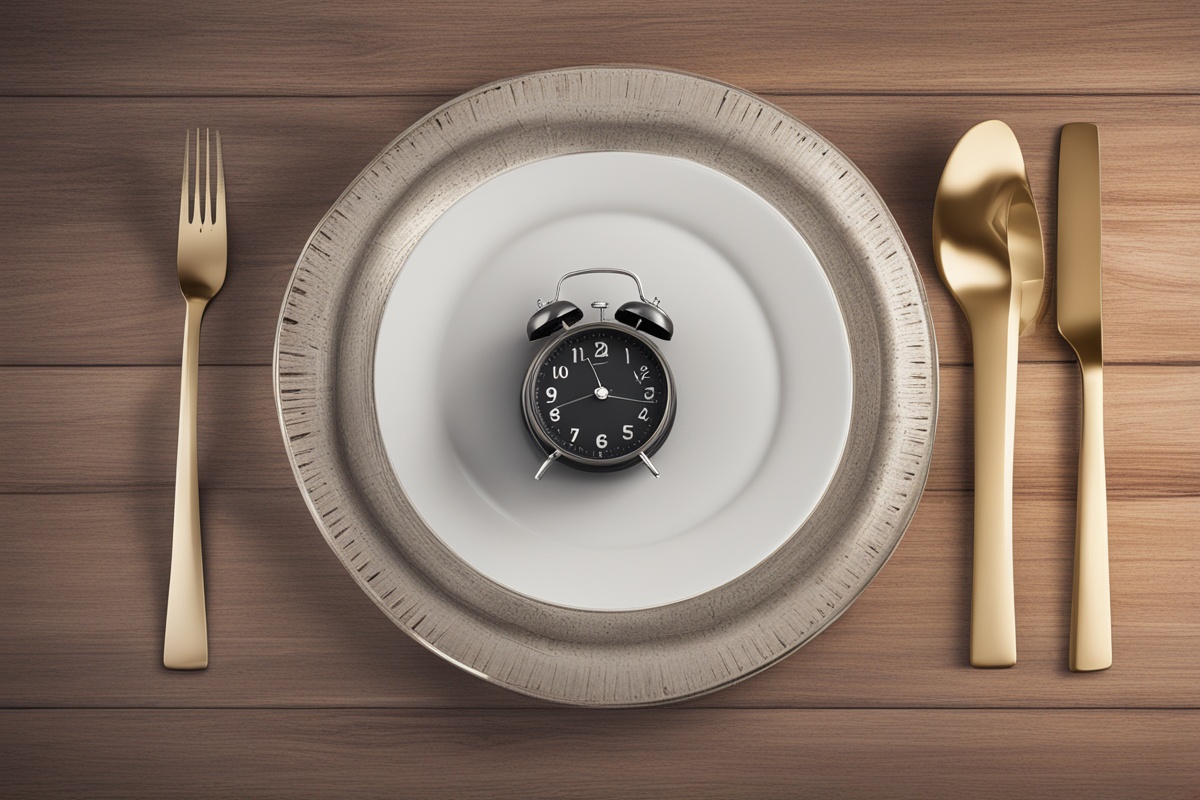Intermittent fasting (IF) has gained immense popularity as a lifestyle choice for weight management, improved metabolism, and overall health. However, one aspect that often gets overlooked is how intermittent fasting impacts sleep quality, especially when it comes to establishing a consistent bedtime routine. Crafting an effective intermittent fasting bedtime routine can make a significant difference in ensuring that your fasting schedule aligns with restful sleep. In this post, we’ll explore howfasting and sleepting and sleep are interconnected and provide actionable tips to optimize your nighttime habits for bettwellnessh and wellness.
Understanding Intermittent Fasting and Its Impact on Sleep
Intermittent fasting involves cycling between periods of eating and fasting, with popular methods like the 16/8 plan (16 hours of fasting, 8 hours of eating) or the 5:2 diet (eating normally for 5 days and restricting calories for 2 days). While IF can boost energy levels and improve metabolic health, it can also disrupt sleep if not managed properly. Late-night eating, hunger pangs, or improper timing of meals can interfere with your body’s natural circadian rhythm, making it harder to fall asleep or stay asleep. This is why integrating an intermittent fasting bedtime routine is crucial to balance fasting with quality rest.
Why a Bedtime Routine Matters During Intermittent Fasting
A structured bedtime routine helps signal to your body that it’s time to wind down, which is especially important when practicing intermittent fasting. Without a routine, you might experience increased stress or anxiety about hunger, leading to restless nights. A well-planned intermittent fasting bedtime routine can reduce these issues by promoting relaxation and preparing your mind and body for sleep. This routine can also help regulate hormones like cortisol and melatonin, which are often affected by fasting schedules.
Tips for Crafting an Effective Intermittent Fasting Bedtime Routine
Creating a bedtime routine that complements your intermittent fasting schedule doesn’t have to be complicated. Here are some practical steps to get started:
- Time Your Last Meal Wisely: Aim to finish your last meal at least 2–3 hours before bedtime to allow for proper digestion. Eating too close to bedtime can cause discomfort and disrupt sleep.
- Stay Hydrated: Drink water or herbal tea during your fasting window to prevent dehydration, which can affect sleep quality. Avoid caffeine or sugary drinks in the evening.
- Engage in Relaxing Activities: Incorporate calming practices like reading, meditation, or light stretching to ease into sleep mode.
- Limit Screen Time: Reduce exposure to blue light from phones or computers at least an hour before bed, as it can suppress melatonin production.
By following these steps, your intermittent fasting bedtime routine can become a powerful tool for enhancing both your fasting results and sleep quality.
Common Sleep Challenges During Intermittent Fasting and How to Overcome Them
Many people practicing intermittent fasting report sleep disturbances, especially in the initial stages. Hunger pangs, low energy, or even overeating during eating windows can lead to discomfort at night. To address these challenges, ensure your meals are nutrient-dense and balanced with protein, healthy fats, and complex carbs to stabilize blood sugar levels. Additionally, if hunger keeps you awake, try sipping on herbal tea or water as part of your nighttime routine. For more insights on managing hunger during fasting, check out our post on Managing Hunger During Intermittent Fasting.
Additional Lifestyle Adjustments for Better Sleep While Fasting
Beyond a bedtime routine, other lifestyle factors can support better sleep during intermittent fasting. Regular exercise, ideally earlier in the day, can help regulate your sleep cycle, but avoid intense workouts close to bedtime as they may energize you instead. Also, consider syncing your fasting window with your natural circadian rhythm—fasting overnight (e.g., stopping eating by 7 PM and breaking the fast at 11 AM) often aligns better with sleep patterns. For more tips on aligning fasting with your body clock, read our article on Circadian Rhythm and Fasting. Additionally, explore how stress management plays a role in sleep quality with our guide on Stress Reduction for Better Sleep.
Disclaimer
This content is for informational purposes only and not a substitute for professional medical advice. Always consult with a healthcare provider or qualified professional before making significant changes to your diet, fasting schedule, or sleep habits, especially if you have underlying health conditions.
References
- Effects of Intermittent Fasting on Health, Aging, and Disease – New England Journal of Medicine
- Intermittent Fasting and Sleep – Sleep Foundation
- Intermittent Fasting: Surprising Update – Harvard Health Publishing
- Intermittent Fasting: What Is It, and How Does It Work? – Mayo Clinic
- What Is Intermittent Fasting? – WebMD






